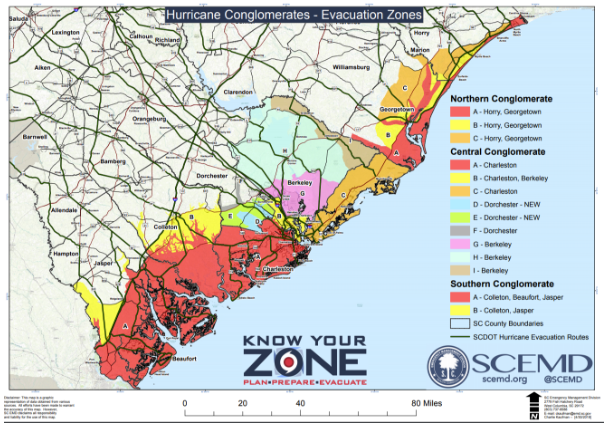The French president's popularity wanes. Times are tough for French president Emmanuel Macron, with 29% of respondents in the last Odoxa survey having a favorable opinion, compared to 41% in June. "Is Emmanuel Macron a good president" was the question asked. This is likely to have consequences on the reform policy currently being implemented.
Milk is the culprit. A new phase of negotiations between Canadian and U.S. trade representatives begins today. Talks are tense, although both sides are trying to use constructive language to discuss the progress made. Two stumbling blocks are regularly cited by the North American press: milk quotas and the protection of Canadian-produced content in the media. The two "Tru", Donald Trump and Justin Trudeau, obviously have no intention of giving up an inch of ground. Will their negotiators find a compromise?
Hurricane Florence. The southern East Coast of the United States is preparing for the arrival of Hurricane Florence, scheduled for Thursday morning. Federal and local authorities do not want to take any risks. They have already ordered the evacuation of more than one million people. The SCEMD, which manages the situation on the ground, has published a map of the areas most at risk. Florence was classified as level 4.


 By
By 
























